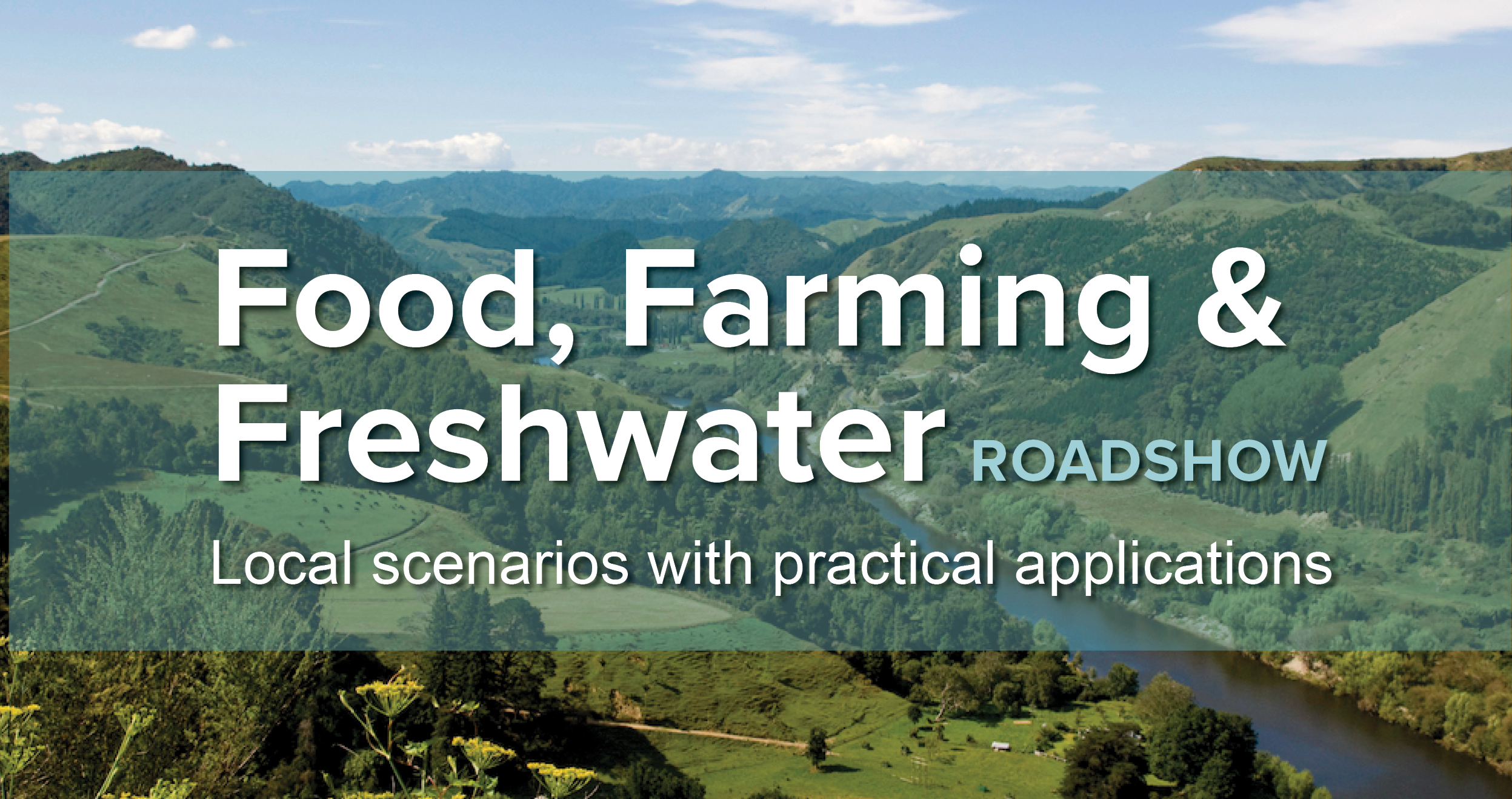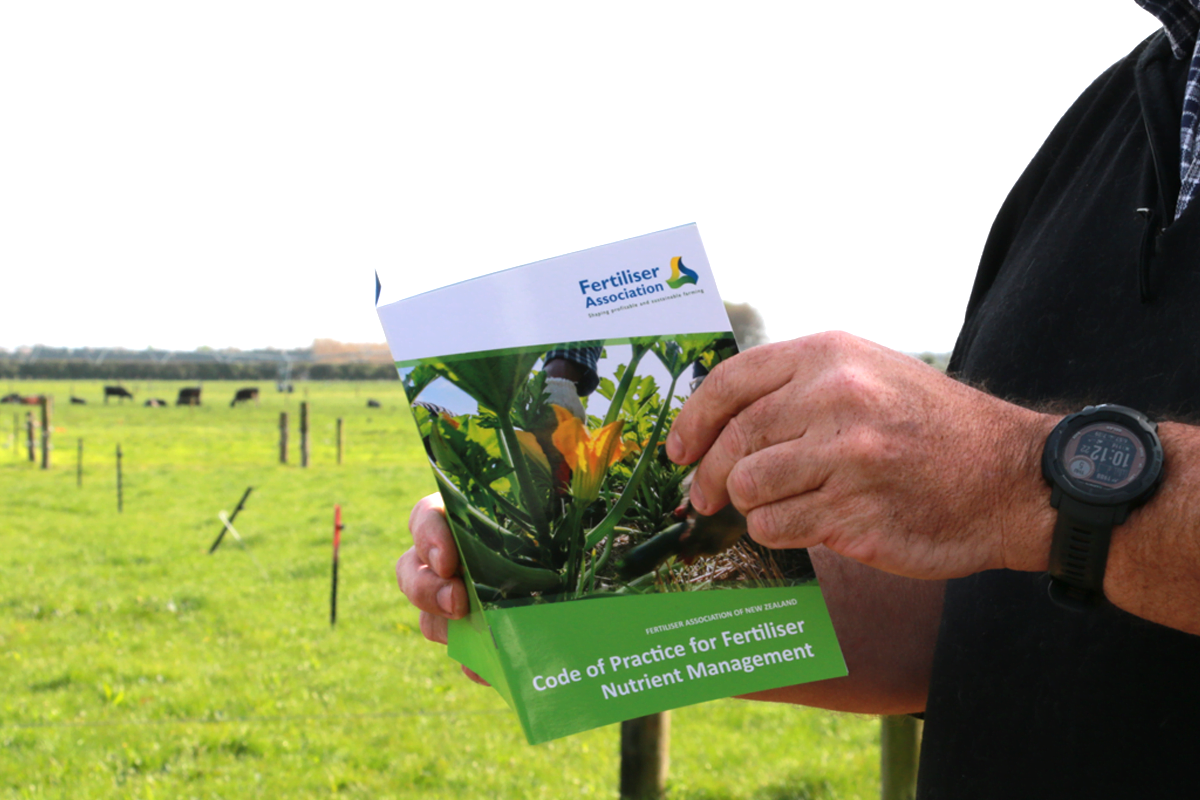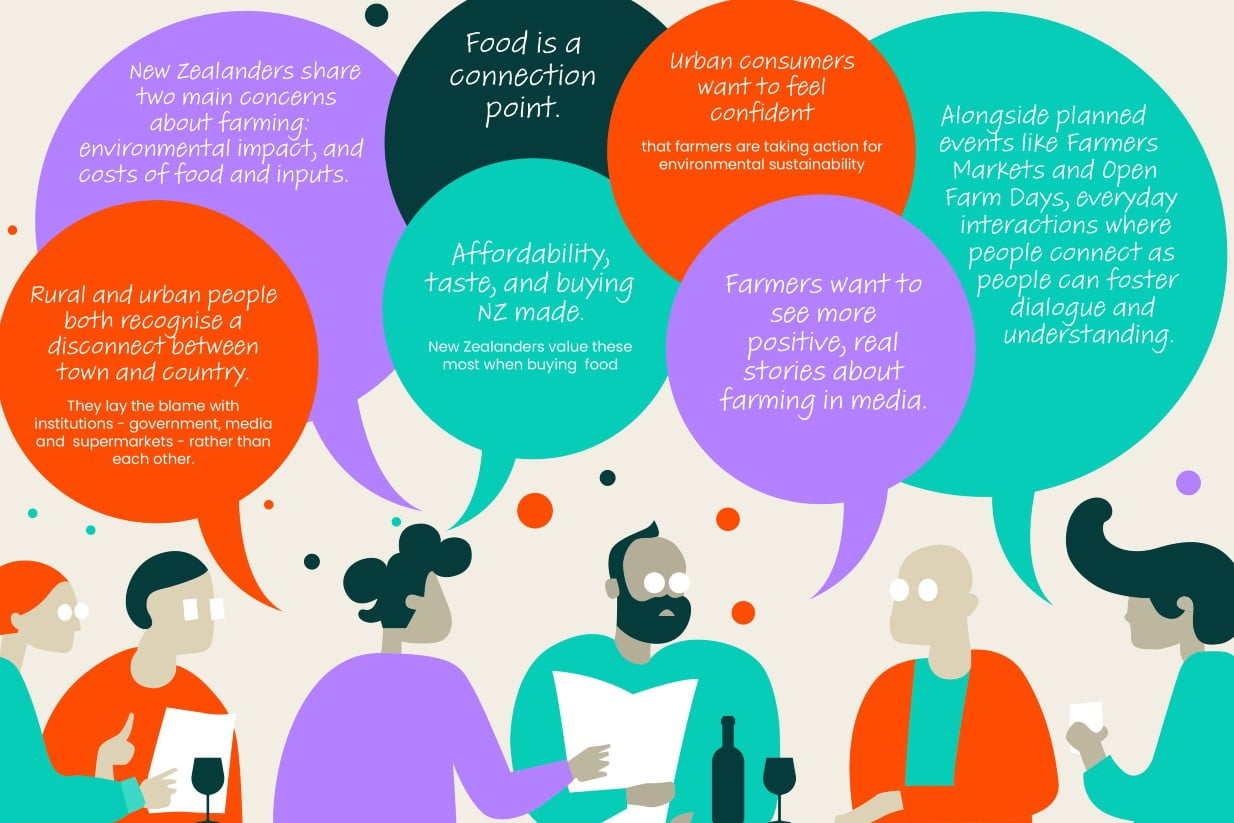Evolving Public Perceptions of Freshwater Management in Three New Zealand Regions
June 2017
This study assesses public opinion of regional councils’ freshwater management in areas with and without collaborative planning processes. This study also assesses change in the general public’s opinions compared to a baseline study conducted in 2015. A telephone survey of 450 people from three North Island regions ‚Äî Northland, Waikato, and Hawke’s Bay ‚Äî was conducted from 17 to 19 March 2017. The survey sought the general public’s opinions of certain areas of freshwater management.
This is the second round of this survey design analysing the effects of collaborative planning on public perceptions of freshwater management. As such, it builds on findings presented in Sinner et al (2016a, 2016b).
In contrast to the previous survey, this survey was undertaken after the majority of the collaborative groups submitted their planning proposals for public comment. However, we find neither a significant improvement in awareness of a collaborative planning process from the baseline nor a significant effect of collaborative planning except in the level of agreement within Northland. Changes in public perceptions of freshwater management depend on region and level of participation in freshwater management. We suspect that progress on a management plan by the collaborative catchments is positively correlated with public opinion across the whole region, not just within the collaborative areas.
We find that, in 2017:
• Respondents in Hawke’s Bay believe that there is less agreement, on average, than respondents in other regions. This result is consistent with the 2015 survey results.
• Respondents who participate in freshwater management at a medium or high level are less positive about freshwater management, believe that there is less fairness in freshwater management, perceive lower levels of agreement over freshwater management, and have lower confidence that their interests will be taken into account by the regional council. These results are larger in magnitude than found in the 2015 survey results.
• Women and Māori are significantly less positive about the level of fairness and confidence that their interests will be taken into account. Māori are also significantly less positive about the effectiveness of their regional council’s freshwater management.
• Respondents employed in forestry are less positive about the effectiveness of their regional council’s freshwater management and the level of fairness while those in government are more positive about the effectiveness of their regional council’s freshwater management and confidence that interests will be taken into account.
These results differ from the 2015 survey results where those in forestry were more positive and no difference was found for those in government.
Manaaki Whenua report
 View Our Strategy Document 2019 – 2024
View Our Strategy Document 2019 – 2024



